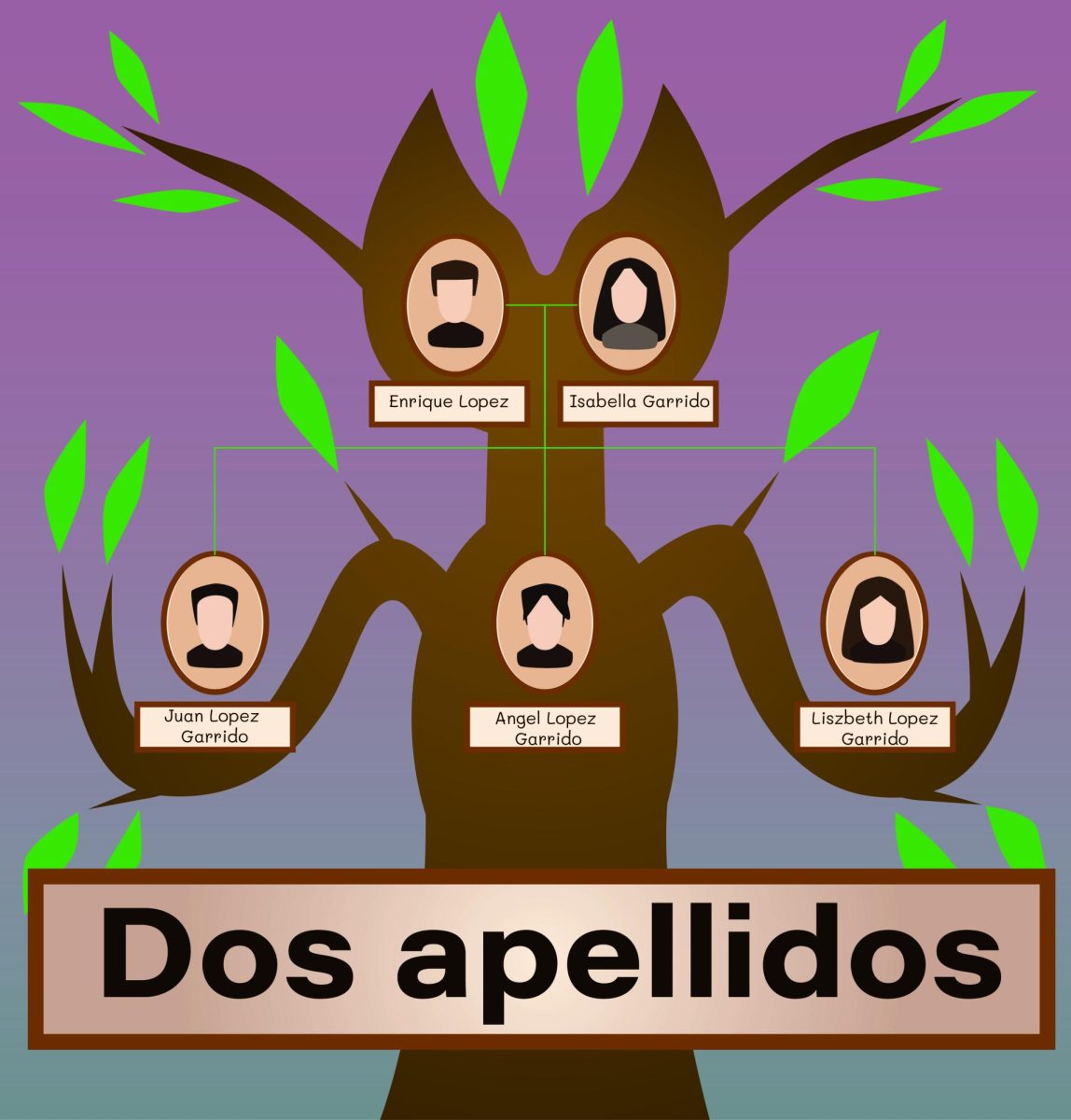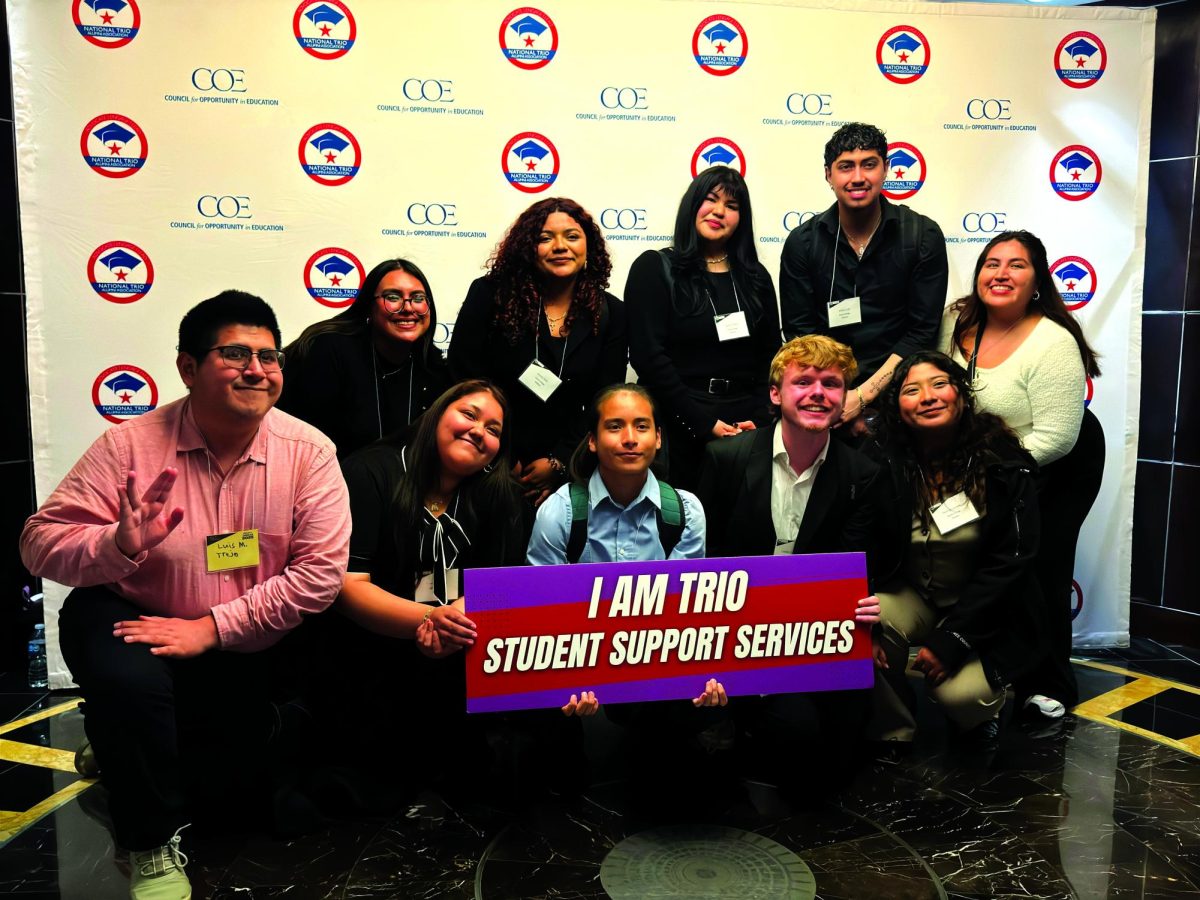By ARIA JONES
@AriaJonesETC
The launch of a districtwide plan to raise the cost of tuition by $20 per credit hour to cover the cost of textbooks and class materials has been postponed a year.
Faculty Association President Liz Nichols said she has sat in several district meetings where faculty concerns about the initiative have been discussed. She said the concerns brought forward caused the timeline to change.
“I’m glad that it’s pushed back,” she said. “There’s still going to be a pilot and we have another year to do more research and ensure that we have everything in place so that there’s minimal disruption for student learning.”
The tuition changes were originally planned to be fully implemented across all Dallas County Community College District campuses by fall 2019 with a pilot this summer.
The pilot is now expected to begin in summer 2020 with full implementation beginning in fall 2020, said District Chief Financial Officer John Robertson.
The new initiative would have students pay the increased tuition and then get digital access to the textbook without an extra charge. Students would also be able to request print copies of books for a nominal fee of around $25.
Robertson said he’s relieved that the initiative has been pushed back.
“Our timeline was really too aggressive, to begin with,” he said. “Part of that is, we started doing our investigation … and listening to the steering committee and the faculty representatives we have, we realized there was more work to do than what we originally planned.”
Robertson said this will give him time to enlist faculty to help with the planning.
“I have to have faculty involved in this because they’re the ones that can make this successful, not me,” he said.
Robertson said the art department told him that Follett doesn’t supply any class materials, students go out and buy their supplies themselves.
Now he is working with the company to see how they can supply something like a kit that would give students the materials they need.
[Read More: District considers raising tuition for shared textbook costs]
Nichols said there were also questions about faculty who use open-source books that are free of charge, and how faculty and students may be impacted by this initiative.
“There’s nothing really that can be done about that,” she said. “So faculty can continue using open-source materials but students are still going to be charged the additional tuition per credit hour.”
The belief, Nichols said, is that the cost of textbooks will even out, and students will save money because some books are more expensive than others, but there is no way to adjust the tuition for materials faculty use.
“The important thing here is that so often times students do not have the funds to purchase the materials that are necessary to be successful in the course,” she said.
Nichols said this becomes more crucial with more eight-week courses being introduced to students, which are half a semester long.
“I recognize that students are very resourceful, and they are very cognizant of their money and their wanting to get the materials they need for the lowest cost and I’m not one to put up roadblocks for that,” she said.
Alan Stratman, a vice president of marketing at Follett, said the company has similar operations at about 200 other campuses.
“Some districts have kind of started this on their own and we’ve kind of just helped support it,” he said.
Stratman said that something agreed upon early on during talks with the DCCCD is that they didn’t want to force the kind of format class materials are presented in.
“It really comes down to kind of learning preference and learning style for a lot of us,” he said.
[Video: DCCCD Chancellor discusses tuition, textbooks, master scheduling and bachelor programs]
He said that some students absorb digital content well, while others are more tactile and don’t learn effectively with digital content.
“What we’re doing at Follett, the mode that we’re in, is we’re maintaining a mode of being kind of everything to everybody,” he said.
Stratman said Follett is ready to launch the initiative but wants everyone in the district to be prepared before they set out.
“It’s a big swing to get thousands of faculty members kind of thinking a little bit differently, and not asking them to necessarily adopt too much differently than what they’re doing today,” he said. “But there is a lot of planning that goes into it, a lot of messaging that has to be done.”
Robertson said there would be training, workshops and town halls over the next year.
“We just found ourselves in this situation that we just moved too fast on this,” Robertson said. “We want it to be totally successful when we turn it on, on day one.”
He said the extended timeline would give the district the opportunity to address unique situations in specific programs, provide training on digital materials and get the overall cost of textbooks down.
“We really just think it’s better to take a structured approach to this over time and not just push it down people’s throats,” he said.
https://eastfieldnews.com/2019/03/19/tuition-increase-scrapped-for-fall-2019/








